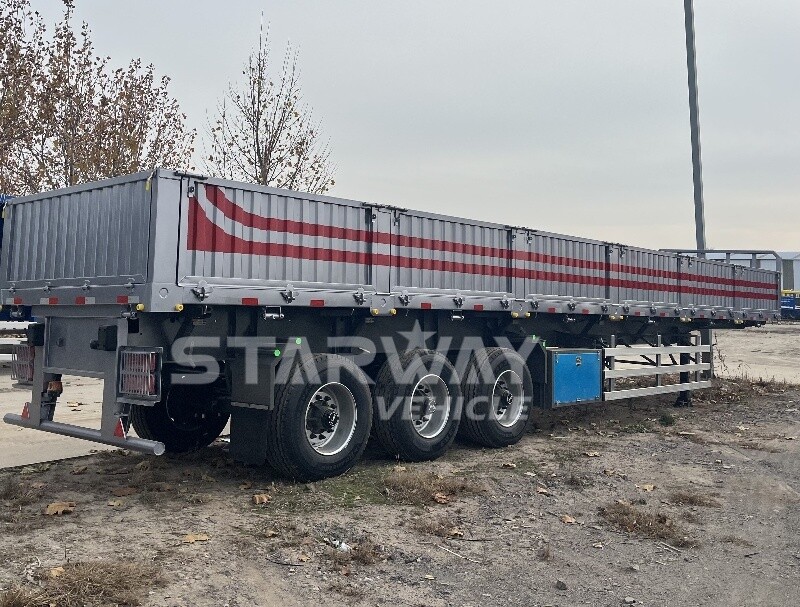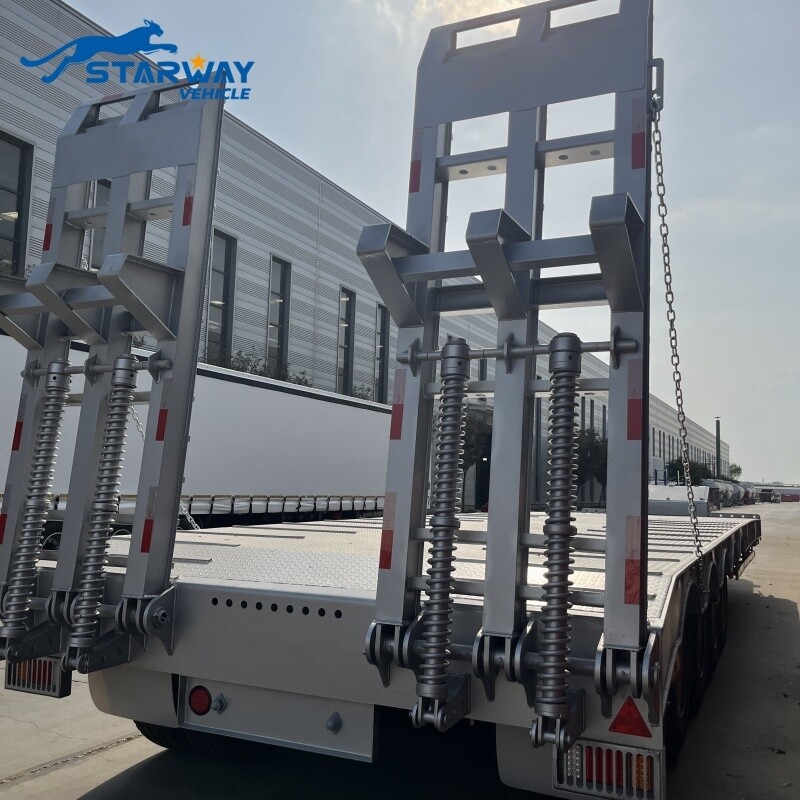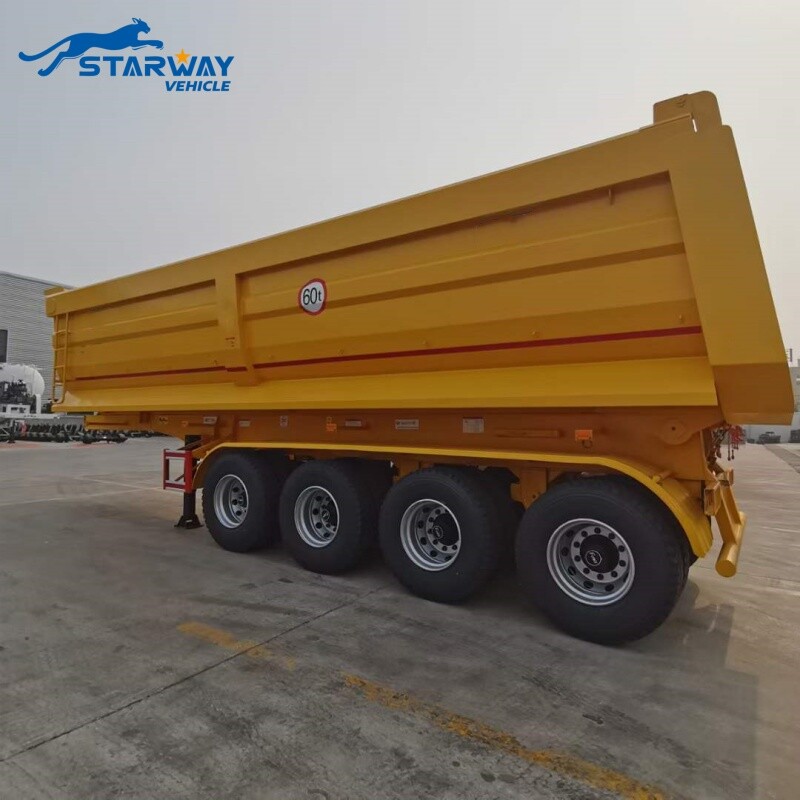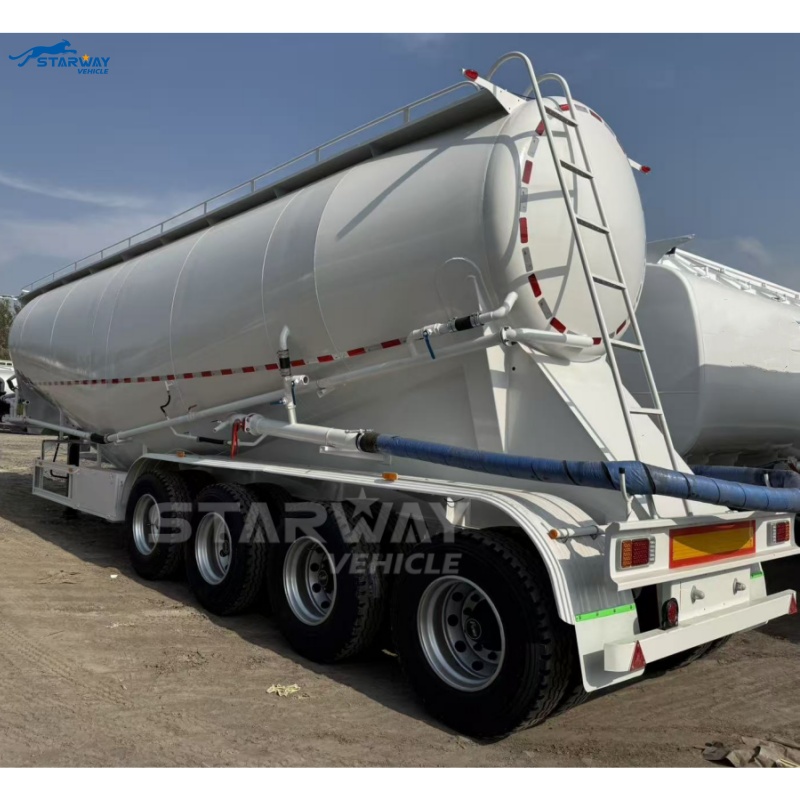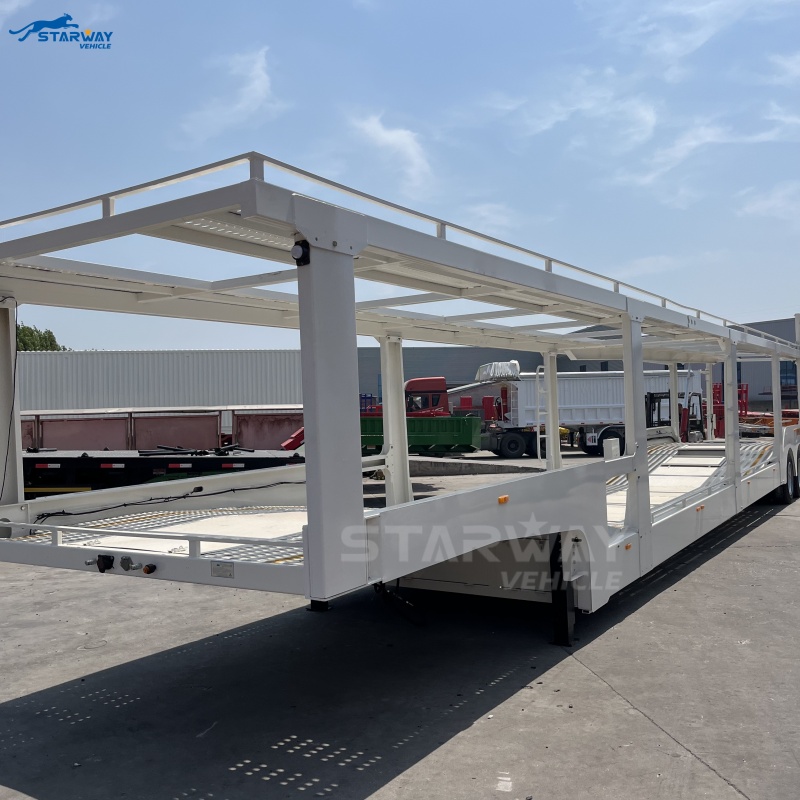Recent Posts
 What Are the Common Problems with 3-Axle Sidewall Semi Trailers and How to Fix Them?2026-01-12
What Are the Common Problems with 3-Axle Sidewall Semi Trailers and How to Fix Them?2026-01-12 How to Prevent Stake Pocket Corrosion and Structural Fatigue on Flatbed Trailers?2026-01-29
How to Prevent Stake Pocket Corrosion and Structural Fatigue on Flatbed Trailers?2026-01-29 Affordable 4-axle Tipper Semi Trailer | Free Quote2026-01-16
Affordable 4-axle Tipper Semi Trailer | Free Quote2026-01-16 Advanced Structural Analysis of 4-Axle Cement Tankers: Material Science & Load Distribution2026-02-06
Advanced Structural Analysis of 4-Axle Cement Tankers: Material Science & Load Distribution2026-02-06 What Is a 2-Axle 20m Car Carrier Semi Trailer? A Beginner’s Guide for Logistics Newcomers2026-02-02
What Is a 2-Axle 20m Car Carrier Semi Trailer? A Beginner’s Guide for Logistics Newcomers2026-02-02
Choosing a Tipper Trailer for Logistics: A Practical Guide
Understanding Tippler Trailers
Tipper trailers, also known as dump trailers, are designed to carry loose materials such as sand, gravel, aggregates, and construction debris. Their mechanism allows the trailer bed to be tilted for easy unloading, which makes them ideal for various logistical needs, particularly in construction and mining sectors.
1. Assessing Your Transportation Needs
The first step in choosing a tipper trailer is to assess your specific transportation needs. Consider the types of materials you will be transporting, their weight, and volume. For instance, if you are in the construction industry, you may need a trailer that can handle heavy loads and frequent trips. In contrast, lighter materials might require a less robust option.
2. Key Features to Consider
a. Load Capacity
Different tipper trailers come with varying load capacities. Ensure that the trailer you choose can safely handle the maximum weight of the materials you plan to transport. For heavy-duty applications, such as mining, consider a heavy duty tipper trailer designed for extreme loads.
b. Build Quality and Durability
The construction quality of the tipper trailer is paramount. Look for trailers made from robust materials that can withstand harsh conditions, especially if they will be used in rugged environments like mining sites.
c. Size and Configuration
The size of the trailer should match your logistical requirements while also being compliant with legal road regulations. Different configurations, such as single-axle or multi-axle, influence both stability and load distribution.
3. Evaluating Trailer Types
Selecting the best tipper trailer often involves understanding the various types available. Flatbed tippers are great for standard materials, while side tippers and rear tippers offer different unloading options that can be beneficial depending on your site conditions.
4. Cost Considerations
Budgeting for a tipper trailer is not just about the initial purchase price. Consider maintenance costs, potential repairs, and the longevity of the trailer. A slightly higher upfront cost may yield long-term savings if the trailer proves more durable and efficient.
5. Choosing Reliable Suppliers
Finally, sourcing the tipper trailer from a reputable supplier is critical. Ensure that they provide after-sales support, a solid warranty, and user-friendly service options to keep your operations running smoothly.
In conclusion, choosing the right tipper trailer requires careful consideration of your specific logistical needs, material types, trailer features, and budgeting. With this practical guide, you can make an informed decision that will enhance your logistics efficiency, whether in the construction sector or heavy-duty mining operations.
Leave A Reply

